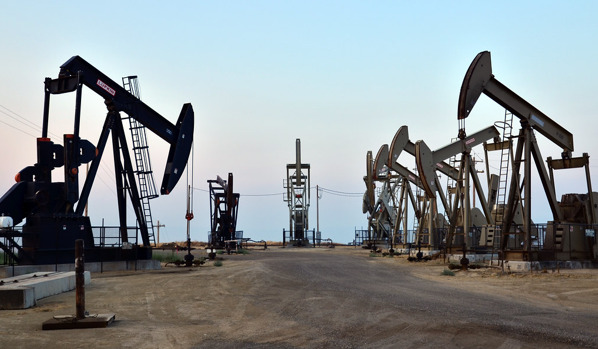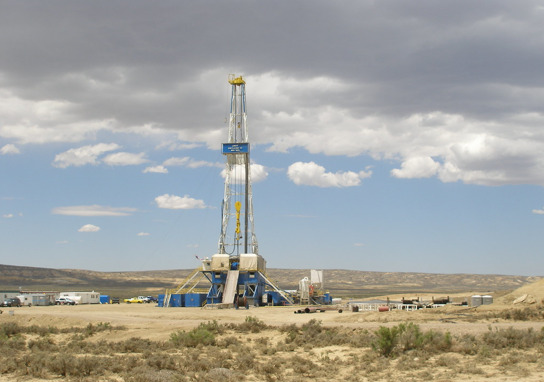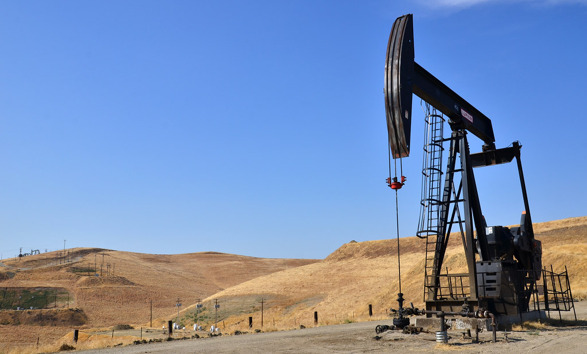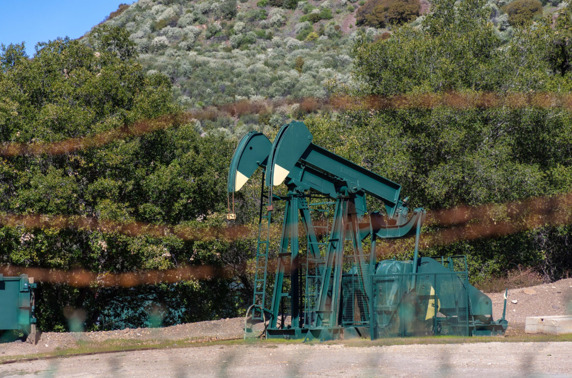Royalty Clauses In Oil Leases: Unlocking The Depths Of Profit
by Ankita Tripathy Legal Published on: 29 September 2023 Last Updated on: 25 September 2024

Oil and gas leases represent more than just business transactions. They embody intricate ties between landowners, the energy sector, and even the environment. Among the myriad clauses, the royalty clause stands out as a cornerstone, governing monetary rewards and instilling a sense of equity and trust. Delving into the royalty clause’s depth, we explore its significance, structure, variations, implications, and evolution in tandem with the ever-evolving energy landscape.
What Is A Royalty Clause In Oil Leases?
A royalty clause in oil leases is a provision that delineates the percentage of the oil or gas production’s revenue to be paid to the landowner. Acting as a linchpin, it ensures that the landowner receives compensation without incurring the costs or risks associated with exploration, drilling, or production.
Why Is The Royalty Clause Crucial In Oil Lease Agreements?
The royalty clause not only establishes an equitable financial relationship between the involved parties but also holds weight in various dimensions:
Monetary Compensation: A definitive stream of revenue for landowners, based on the successful production of oil or gas.
Control: It acts as an instrument of power, allowing landowners to influence lease terms and conditions.
Benefits: By negotiating an effective royalty clause, landowners can maximize their profit margins while ensuring sustainable land use.
How Does The Royalty Clause Work In An Oil Lease?

At its core, the royalty clause stipulates the percentage of production revenues that should be directed to the landowner. This is usually expressed as a fraction or percentage of the total oil or gas produced and sold.
What Are The Standard Royalty Percentages In Oil Leases?
Typically, royalty percentages range from 12.5% (1/8) to 25%. However, several factors, such as the location of the land, expected reservoir size, and market conditions, can influence these rates.
How Is The Royalty Amount Determined?
Several elements play into the final royalty calculation:
Market Prices: The prevailing rates for oil and gas in the market.
Production Levels: Amount of oil or gas extracted from the leased land.
Deductions: Costs such as transportation or processing fees that might be subtracted from the gross value.
What Variations Exist In Royalty Clauses?

Royalty clauses are not monolithic. They have evolved to encompass various structures and provisions tailored to specific situations.
Are There Standard Royalty Clauses?
Yes, standard royalty clauses define clear-cut percentages without deductions. However, the real world often necessitates customizations.
How Do “Cost-Free” Royalties Differ From Standard Royalties?
“Cost-free” royalties ensure that the landowner receives their share without any deductions, be it for transportation, treatment, or other expenses.
What Are “Net Proceeds” Royalties?
In a “net proceeds” setup, the royalty is calculated after deducting certain allowable costs, ensuring that both parties share the burden of expenses.
What Are Potential Issues And Disputes Surrounding Royalty Clauses?
From miscalculations to differing interpretations, royalty clauses can spawn various disputes. Landowners might feel shortchanged, while oil companies might face challenges in allocating expenses.
How Can Landowners Ensure They Receive Their Rightful Royalties?
Landowners can arm themselves with knowledge and take certain precautions:
Understand the lease terms thoroughly.
Regularly review payment statements.
Seek professional advice during negotiations.
How Have Courts Interpreted Disputes Related To Royalty Clauses?
Historically, courts have leaned towards safeguarding landowners’ rights. Several landmark cases have emphasized transparency, fair interpretation, and the equitable distribution of profits.
What Is The Role Of Auditing In Ensuring Correct Royalty Payments?
Auditing acts as a safeguard, ensuring transparency in payments. Regular audits, at least annually, can help in identifying discrepancies and ensuring compliance with the lease terms.
How Have Royalty Clauses Evolved Over Time?

From rudimentary agreements to sophisticated provisions, royalty clauses have mirrored the industry’s growth and the evolving socio-economic landscape.
What Are The Influences Of Technological Advancements On Royalty Clauses?
Advancements, particularly in extraction technologies, have made once-unviable reserves accessible. This has led to the renegotiation of royalty terms to reflect the higher yields and altered extraction costs.
How Have Market Fluctuations Influenced Royalty Clauses Over The Years?
Bullish markets often empower landowners to negotiate higher royalties. Conversely, downturns might see more balanced or oil-company-favoring terms.
What Should Landowners Be Cautious Of When Negotiating Royalty Clauses?
When venturing into negotiations, landowners should be wary of:
Ambiguous wording that might be exploited.
Overly low or high percentages that don’t reflect the land’s potential.
Hidden deductions that might erode their earnings.
What Are The Common Mistakes Landowners Make?
Landowners often overlook the importance of legal counsel, underestimate their land’s potential, or fail to account for future market fluctuations.
How Can Royalty Clauses Impact The Overall Profitability Of Oil Production?

The royalty clause strikes a balance between incentivizing oil companies to explore and ensuring landowners get their due share. If royalties are exorbitant, oil companies might be discouraged from drilling, affecting both parties’ profitability.
What Are The Consequences Of Overly Demanding Royalty Clauses?
High royalties might deter investments in exploration, leading to untapped potential. It might also strain relationships, leading to legal disputes.
How Do Royalty Clauses Influence Decisions In The Oil Industry?
Royalty clauses can dictate exploration strategies, investment decisions, and even operational tactics, as they directly impact profitability.
What Are The Implications Of The Royalty Clause On The Environment And Society?
Beyond finances, royalty clauses can also influence environmental and societal outcomes.
Can Royalty Clauses Address Environmental Rehabilitation?
Absolutely. Modern leases often incorporate provisions ensuring that post-drilling, the land is restored to its natural state, or better.
How Do Local Communities Benefit From The Royalty Clause?
Beyond direct landowners, royalties can trickle down to local communities, funding infrastructure, education, and other communal benefits.
Are There International Standards For Royalty Clauses In Oil Leases?
While there’s no one-size-fits-all global standard, regions often have prevailing norms influenced by their legal, economic, and social frameworks.
What Future Changes Can We Anticipate For Royalty Clauses?
Market dynamics, technological innovations, and a heightened environmental focus will continue to mold royalty clauses. We can expect more emphasis on sustainable practices, transparent dealings, and equitable terms that benefit all parties involved.
Conclusion
Royalty clauses in oil leases are more than mere percentages; they encapsulate trust, aspirations, and a shared journey toward prosperity. As the energy landscape morphs, these clauses will continue to be the litmus test of fairness, ensuring that as we tap into the earth’s depths, we rise towards a harmonious future.
Read Also:







































































































